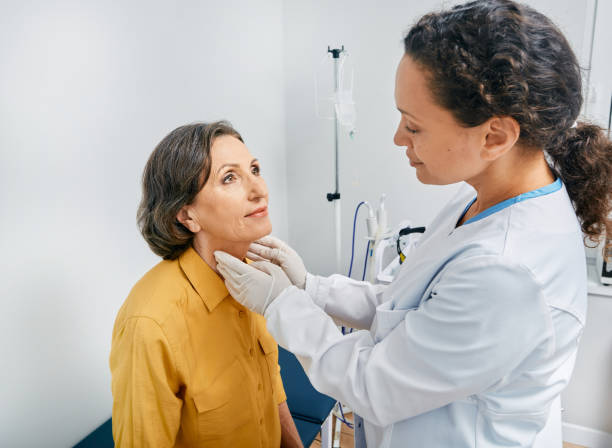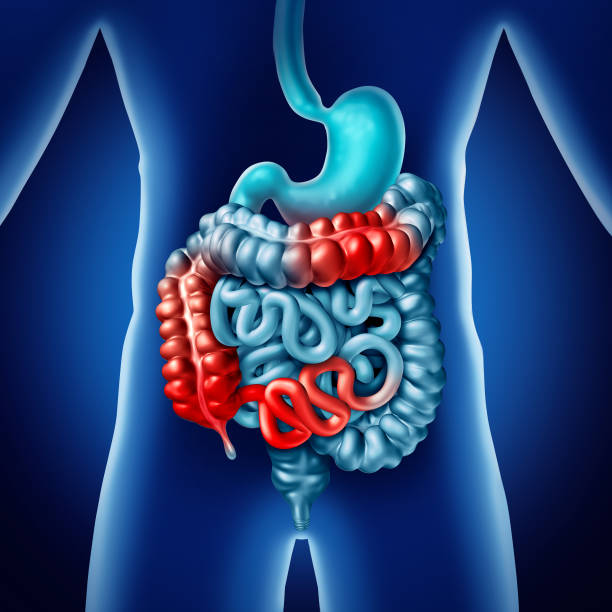What autoimmune disorder causes rosacea?
It is not clear what triggers the immune system in people with rosacea. However, there is a genetic component to the disorder. It is also thought that autoimmune inflammatory pathways may play a role in the progression of the disease. Furthermore, distinct rosacea subtypes may also be associated with specific comorbidities. Further studies should try to stratify these subtypes based on their clinical manifestations.
Until now, it has been assumed that rosacea is a skin disorder, but there is mounting evidence that it is linked to systemic diseases. Studies have shown that rosacea patients are at higher risk for diabetes, cardiovascular diseases, allergies, gastrointestinal disorders, and malignancies. Furthermore, they have higher levels of thyroid autoantibodies and prolactin.
What diseases are associated with rosacea?
Rosacea has been linked to autoimmune diseases, including type 1 diabetes and celiac disease. Researchers have also found a strong association between the disease and multiple sclerosis. Moreover, patients with rosacea are much more likely to have autoimmune disease than healthy controls. However, these associations have not been definitively established yet. Further studies are needed to investigate these associations.
Rosacea is characterized by red, swollen, and sometimes painful bumps on the face. In severe cases, blood vessels beneath the skin’s surface can become visible and enlarged. The redness can also affect other body areas, including the neck, chest, and scalp. In addition, patients with rosacea may experience itchiness and burning sensations in these areas.
Is rosacea caused by an overactive immune system?
Rosacea is a chronic condition characterized by redness on the face, along with red bumps and other lesions. Its cause is unknown but is thought to be related to an overactive immune system. The immune system is normally responsible for fighting off bacteria and other infections by releasing inflammatory mediators. A specific chemical in the body known as cathelicidin causes dilated blood vessels. These blood vessels cause irritation and redness, a characteristic symptom of rosacea. The skin can also become thick or scaly, affecting the eyes.
There is no known cure for rosacea, but the condition can be controlled. Most treatments focus on managing the symptoms and identifying triggers. This includes taking certain medications and making lifestyle changes. Another treatment option is laser therapy, which can reduce the appearance of enlarged blood vessels.
Is rosacea linked to gut health?
Gut health has become an important topic in the treatment of rosacea. Researchers believe that overgrowth of the bacteria in the gut may contribute to the onset of rosacea. They have found that SIBO and dysbiosis are associated with an increased risk of rosacea. In addition, gut health is believed to affect the innate and adaptive immune systems.
The gut-skin connection is a promising avenue for future research. Dietary changes that promote gut health may become standard recommendations in the future.



